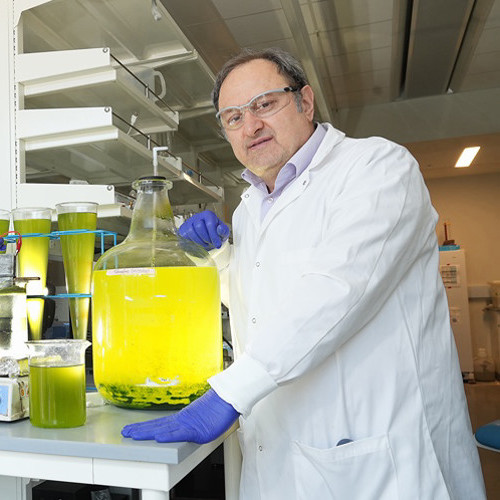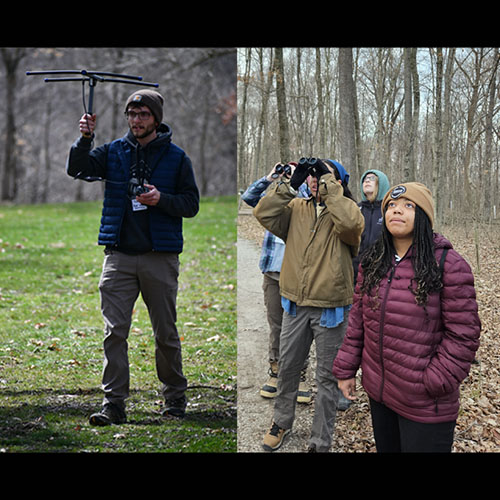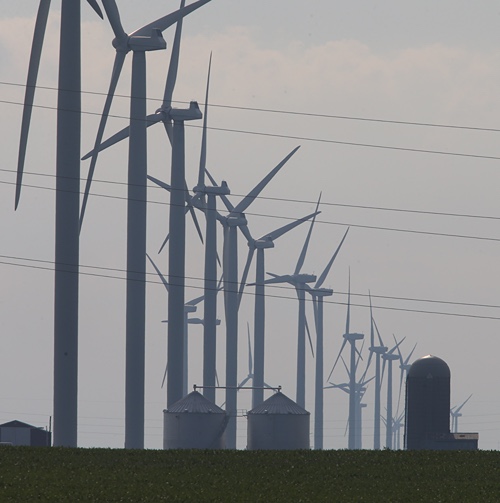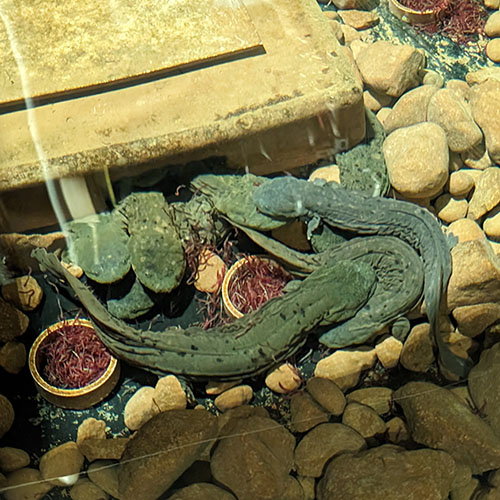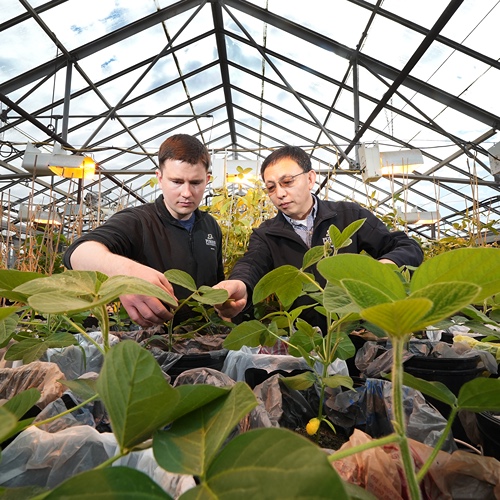A new summer program will allow Purdue undergraduate students to spend six weeks in the Philippines conducting hands-on research in rice science at the International Rice Research Institute (IRRI). The Plant Science for Global Food Security (PSGFS) is a three-year program funded by the National Science Foundation (NSF) that will support three cohorts of eight undergraduate students each during summer. The program is led by Purdue’s Agronomy Department and the Office of International Programs in Agriculture (IPIA) and recruits from Purdue and five partner institutions: North Carolina A & T University, Florida A&M University, University of Illinois, Tuskegee University, and University of Hawaii at Mānoa.
"I had the opportunity to participate in research at IRRI right after I finished my undergraduate degree,” said Michael Kantar, associate professor at the University of Hawaii at Manoa. “The breadth of what IRRI does from research to community engagement is amazing. The PSFGS program allows undergraduate students to see how other parts of the world engage with plants and agriculture, providing a rare opportunity for food systems to crystallize in students' minds and foster new ways of imagining a sustainable and equitable future."
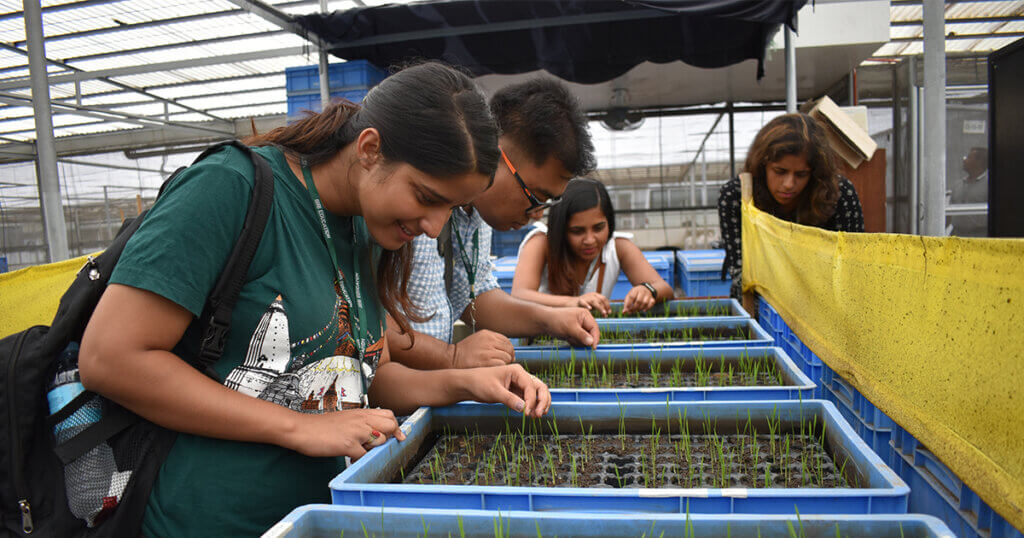 RR2P participants examining rice seedlings in the IRRI greenhouse by International Rice Research Institute (IRRI)
RR2P participants examining rice seedlings in the IRRI greenhouse by International Rice Research Institute (IRRI) Gary Burniske, assistant director for program development in IPIA, and Diane Wang, assistant professor in agronomy, are leading the program along with IRRI collaborators, Amelia Henry (IRRI drought physiologist) and Anilyn Maningas (IRRI Education).
“This is an exciting opportunity for undergraduate students with an interest in elevating their research skills in an international setting,” said Burniske. “This six-week fellowship combines hands-on research working alongside world-class scientists with training in rice production to improve resilience and yields. This experience will set the stage for students to advance their studies and careers to have a meaningful impact on global food security.”
Applications will be accepted until January 10, 2022. Students can apply here. The six-week program is made up of two components: three weeks of hands-on research, in which students will work with IRRI scientists and their teams to evaluate diverse rice genetic materials; and three weeks of a training course called “Rice: Research to Production” (RR2P) in which students will interact with other RR2P participants from around the world. “This program promises a truly transformative set of experiences,” says Gerald Shively, associate dean, and director of IPIA. “Not only will students learn about the basics of rice research and production in the field, in greenhouses, and in the lab, and thereby gain an appreciation for the challenges and rewards of international scientific collaboration, but the RR2P will include a range of cultural experiences, such as a visit to the Banaue Rice Terraces, a farming system that has been maintained for more than 2,000 years and is designated a UNESCO World Heritage site.”
“When I was an undergraduate, I had the opportunity to participate in the RR2P short course at IRRI. While typically attended by young professionals and graduate students already involved in international agriculture or rice science, I believe that experience was particularly transformative for me because I was at a much earlier stage in my career,” said Wang. “It’s what ultimately inspired me to pursue graduate studies, and fast-forward to today, the origins of the international component of my research program here at Purdue can be traced back to that early experience. I’m thrilled that NSF is supporting our vision to extend this kind of training more broadly to undergraduates and to provide them a brand-new, hands-on research component. I hope that this international experience will be as eye-opening for others as it was for me.”
Applicants must be U.S. citizens or U.S. permanent residents and enrolled at the university during the academic year after participating in PSGFS. While the program primarily targets current sophomores and juniors (i.e., rising juniors and seniors), outstanding current freshmen will be considered.
For more information and to apply, visit the PSGFS project page.
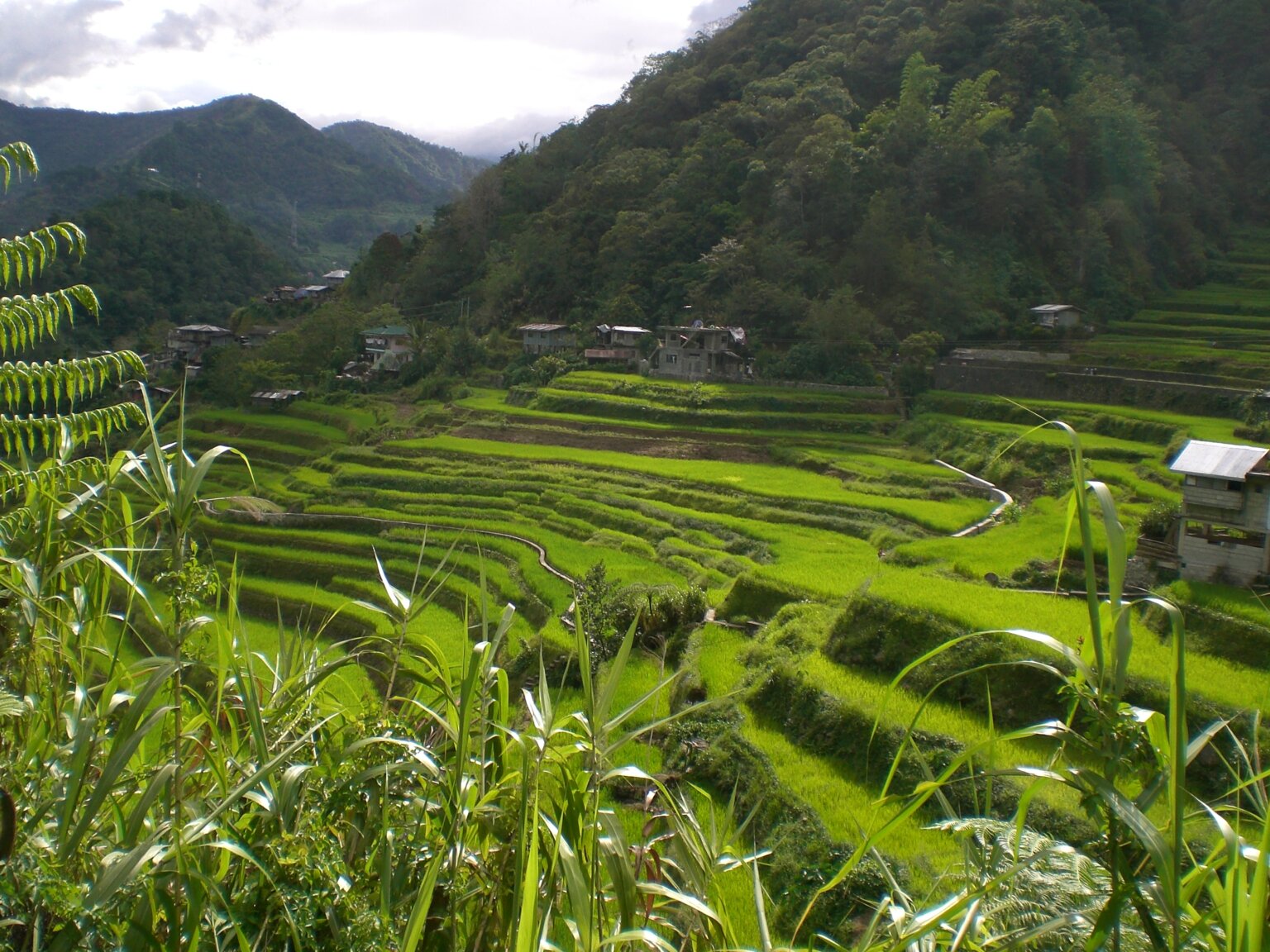 Banaue rice terraces in Ifugao, Philippines by Diane Wang.
Banaue rice terraces in Ifugao, Philippines by Diane Wang. 